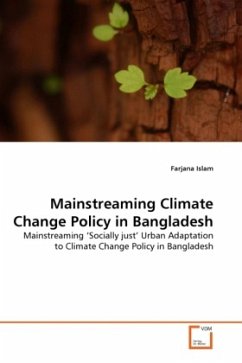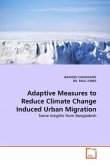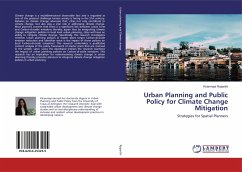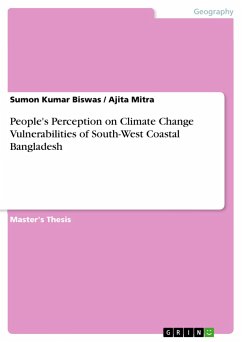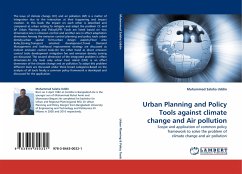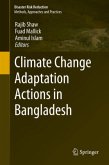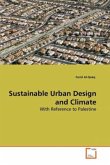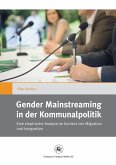In Bangladesh, climate vulnerability is increasing along with poverty. But during international climate change debates, concern over justice' is glowing to finance adaptation. In this line, Bangladesh formulated 'National Adaptation Programme of Action (NAPA)' under UNFCCC guidance to abate climate change impact. The research views 'mainstreaming' as a process of promoting 'adaptation' to "transform vulnerability into (climate) security". In Bangladesh, NAPA mainstreaming is government-led and subject to use existing institutions and regulatory frameworks. Therefore, in what extend NAPA mainstreaming will be successful to promote socially-just adaptation to climate change' is difficult to predict. Here, the context is critically analyzed to structure institutional problems and actor dynamics to recommend policy amendments for intended mainstreaming. However, successful mainstreaming lies on balancing conflicts among diverse actors in order to promote security for the vulnerable people. Therefore, the research is arguing that the treatment of social justice must be included both in NAPA formulation and implementation phases for intended (socially-just) mainstreaming.
Bitte wählen Sie Ihr Anliegen aus.
Rechnungen
Retourenschein anfordern
Bestellstatus
Storno

